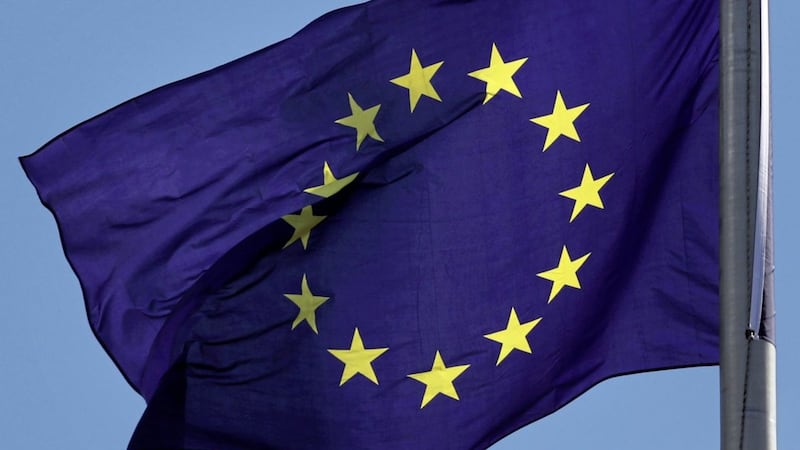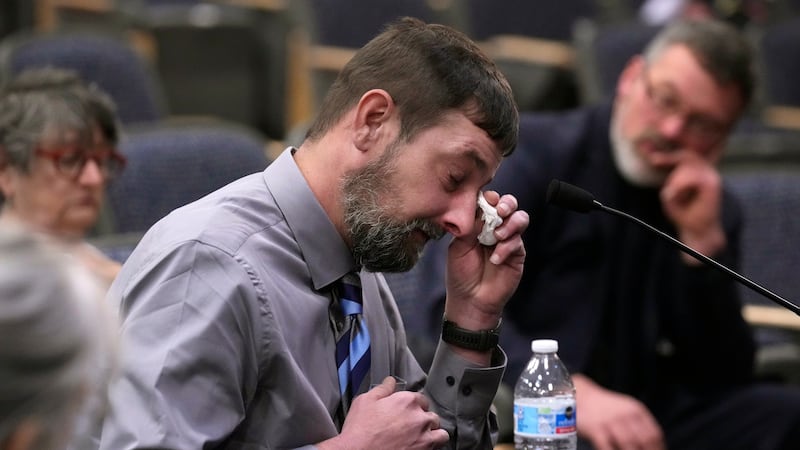A hard border post-Brexit could impact efforts to deal with a major emergency on the island of Ireland, a Westminster committee has been warned.
Bernie McCrory, chief officer at Co-operation and Working Together, an organisation which manages a range of cross-border health service link-ups, also told the Lords EU Home Affairs Sub-Committee that physical border checks could hamper daily provision of life-saving care.
She was outlining the potential impact of a hardening of the border on the growing number of health services that treat patients on both sides, many initiated with EU funding.
Cancer and cardiac care and ENT surgery are among those now provided on a cross-border basis in certain areas.
Ms McCrory told committee members in London that emergency services and military on both sides of the border also currently worked together on planning for major incidents.
"We facilitate a lot of inter-agency emergency planning work with the British Army, with the Irish Defence Forces, with the Irish Air Corps, with the RAF and we train together usually once a year to prepare for an emergency, be that an emergency in Ireland or some humanitarian relief abroad," she said.
"We are now in a good state of preparedness to do that and if for example we had a hard border and emergency vehicles could not freely cross the border that would be a huge impediment."
One of the cross-border services she highlighted was the cardiac treatment provided in Derry to patients in Co Donegal. She stressed the importance of medical intervention in the first 90 minutes after a heart attack.
"If there was any compromise or delay at the border it could have a huge effect," she said.
"So there are very practical examples where the border would certainly impede life-saving treatment and preclude it perhaps from happening."
Anthony Soares, deputy director at the Centre for Cross Border Studies, told the committee that the lack of Northern Ireland Executive was hampering efforts to outline the importance of collaborative health care in the border counties.
"It is really a matter of regret and concern that there isn't an executive in place in Northern Ireland to at least offer the potential for a common vision of how those reciprocal arrangements could be maintained post-Brexit," he said.








